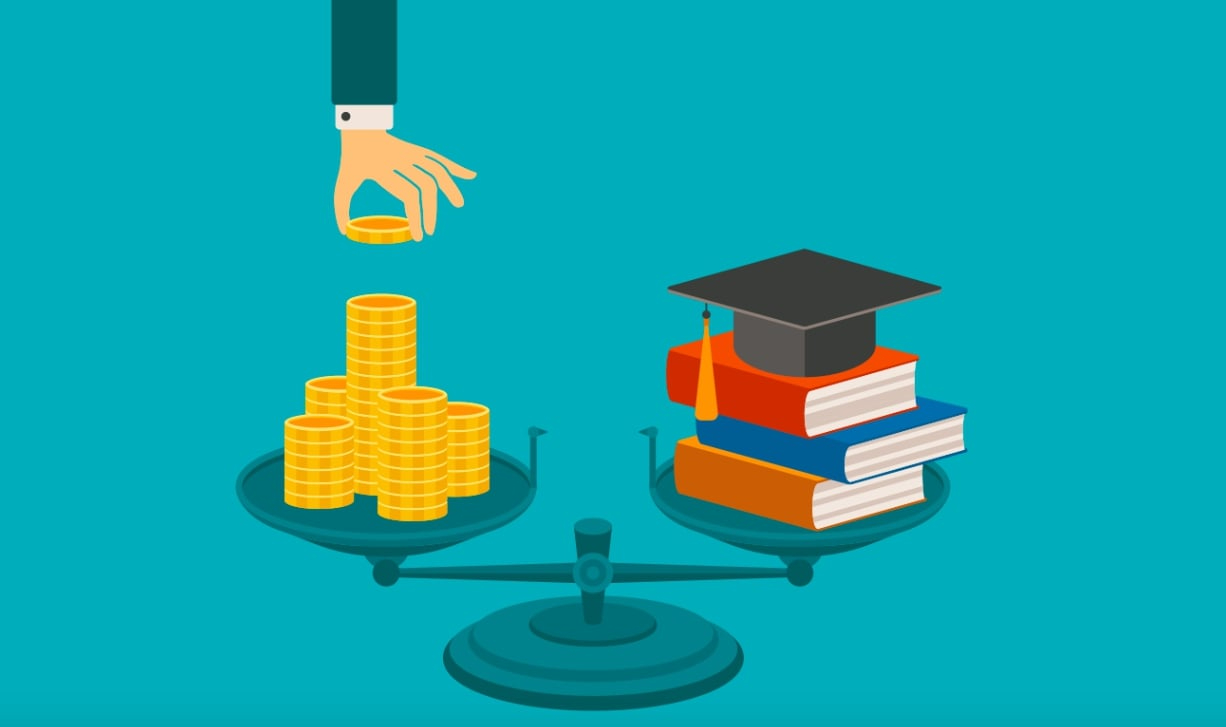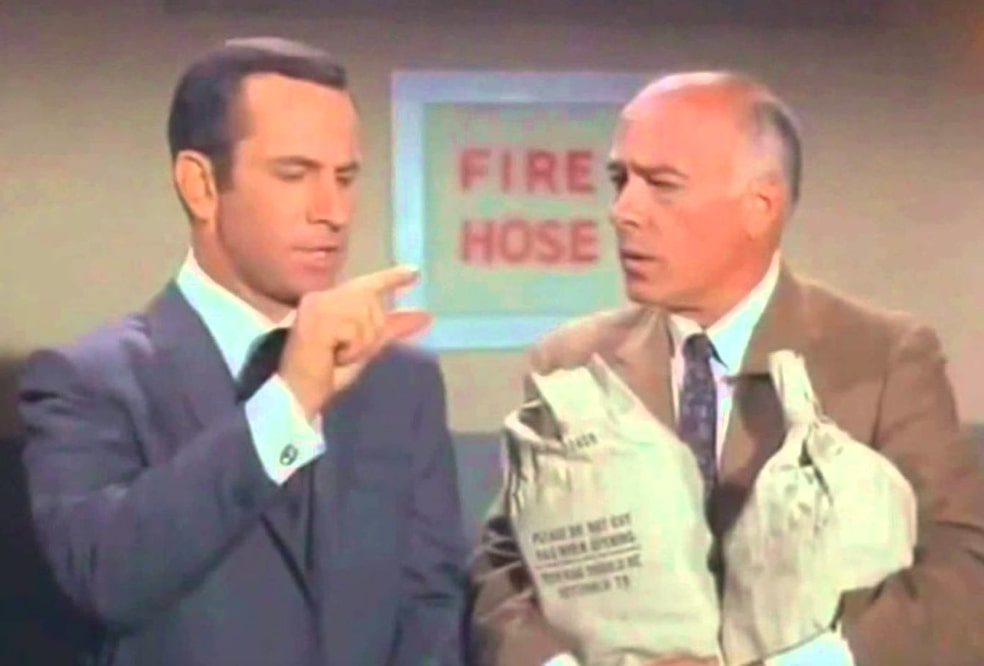Texas is considering a new approach to funding education

Image: Allovue
On Monday, the Texas Senate unveiled a new bill that would create an “education savings account” of $8,000 for each student who chooses to leave the state’s public school system and pursue a private education.
💰🏫 A deeper dive… Education savings accounts (ESAs) allow parents to withdraw their children from public schools and receive a deposit of per-pupil taxpayer funds, which can be used to cover educational expenses like textbooks, tutoring, transportation, and private school tuition.
Essentially, ESAs are a more flexible version of school vouchers, which can only be used for tuition.
- Texas’ proposed ESA law is seeking $500 million to pay for the program over the next two years, with the bill’s sponsors saying the funding would have no effect on the amount of money allocated towards Texas public schools.
🗣️ The arguments: Texas GOP lawmakers, who largely support the ESA bill, argue opening up more educational options for parents will encourage competition and innovation among Texas schools across the board, and will also ensure each student can find the option that best fits their unique needs.
Democratic lawmakers, who near-unanimously oppose the ESA bill, contend it would essentially subsidize wealthy families’ tuition at the expense of lower-income students, since the latter group doesn’t have as many private school options or the ability to make up financial differences in tuition (ex: if a school costs $15,000/year).
📸 Big picture: If the bill is approved, Texas would become the 15th state to enact at least one education savings account program, joining a group of mostly Republican-led states.
📊 Flash poll: Do you support Texas’ proposed law to establish “education savings accounts” of $8,000 for each student who chooses to leave the public school system?
See a 360° view of what media pundits are saying →

Sprinkles from the Left
- Some commentators argue that while ESAs do give parents of public school students the option of venturing into private education, they ultimately end up harming economically disadvantaged students who are least likely to be able to afford private schooling.
- Others contend that current research into ESAs has largely shown they have a negative impact on public-school funding, with mixed or inconclusive results on students’ performance.
- “The fallacy of ‘school choice’” –Richmond Times-Dispatch Editorial Board
- “Research on school vouchers suggests concerns ahead for education savings accounts” –Joshua Cowen, Brookings Institution
- “Why ‘school choice’ was doomed when it became a cover for segregation” –LZ Granderson, LA Times

Sprinkles from the Right
- Some commentators argue that ESA laws like the one Texas is proposing is a positive development for US students everywhere, since they’ll become more empowered to choose the education path that best fits their learning needs.
- Others contend that early data from other states that have adopted ESA laws are very promising, and should encourage lawmakers across America to adopt similar programs to boost students’ learning potential.
- “School choice expands across the country” –Las Vegas Journal-Review Editorial Board
- “The Rising Demand for School Choice” –WSJ Editorial Board
- “The School-Choice Moment” –Nicole Stelle Garnett & Michael Q. McShane, National Review
Share this!
Recent Discussion stories

Discussion
| October 6, 2023The 2024 presidential race continues to take shape
🗳️ We’re almost three months from the start of the 2024 presidential election cycle, which officially kicks off with Iowa’s Jan. 15 GOP caucus. And, much like a CFB fan tailgating a noon kickoff, campaigning is off to an early start.

Discussion
| October 4, 2023Federal student loans are back on Americans’ balance sheets
💰🎓 On Sunday, payments officially resumed for the ~45 million US adults with federal student-loan debt, following a three-year hiatus due to the Covid pandemic. It’s expected to have a ripple effect across the economy.

Discussion
| October 2, 2023Missed it by that much
🏛️🕚 On Saturday, Congress approved a bipartisan stopgap funding bill to temporarily avoid a government shutdown. It was signed into law by President Biden roughly half-an-hour before the midnight deadline.
You've made it this far...
Let's make our relationship official, no 💍 or elaborate proposal required. Learn and stay entertained, for free.👇
All of our news is 100% free and you can unsubscribe anytime; the quiz takes ~10 seconds to complete